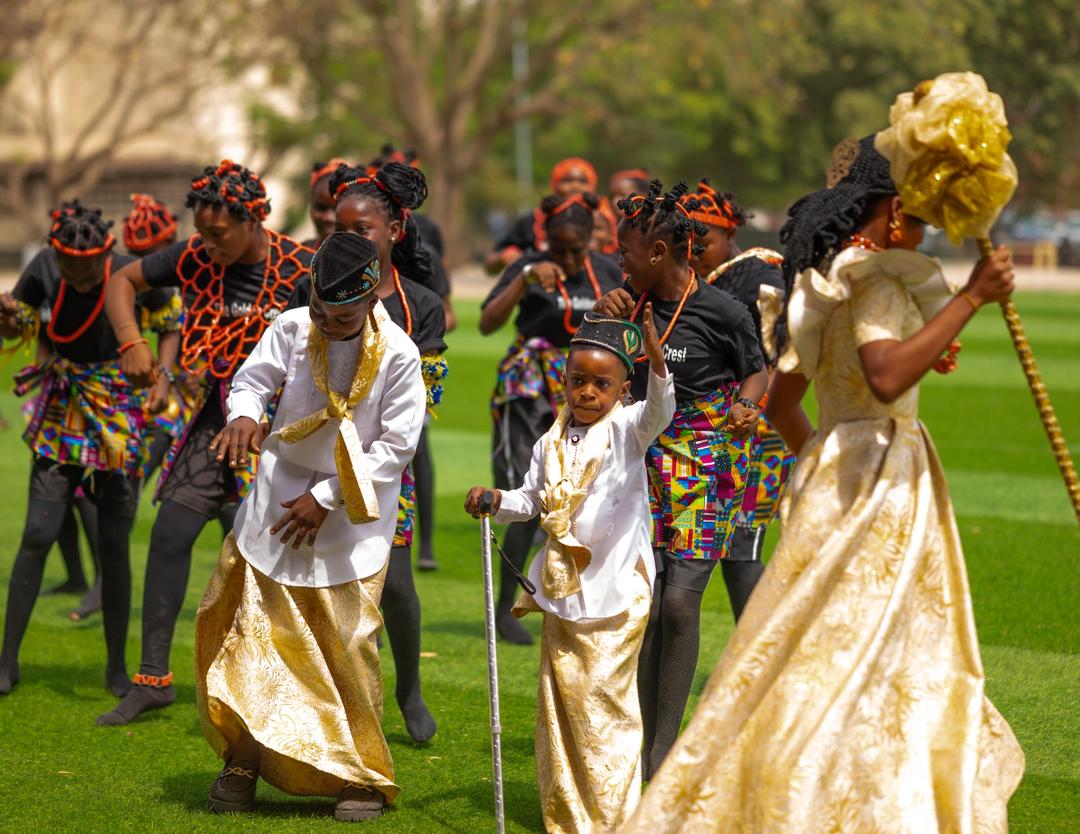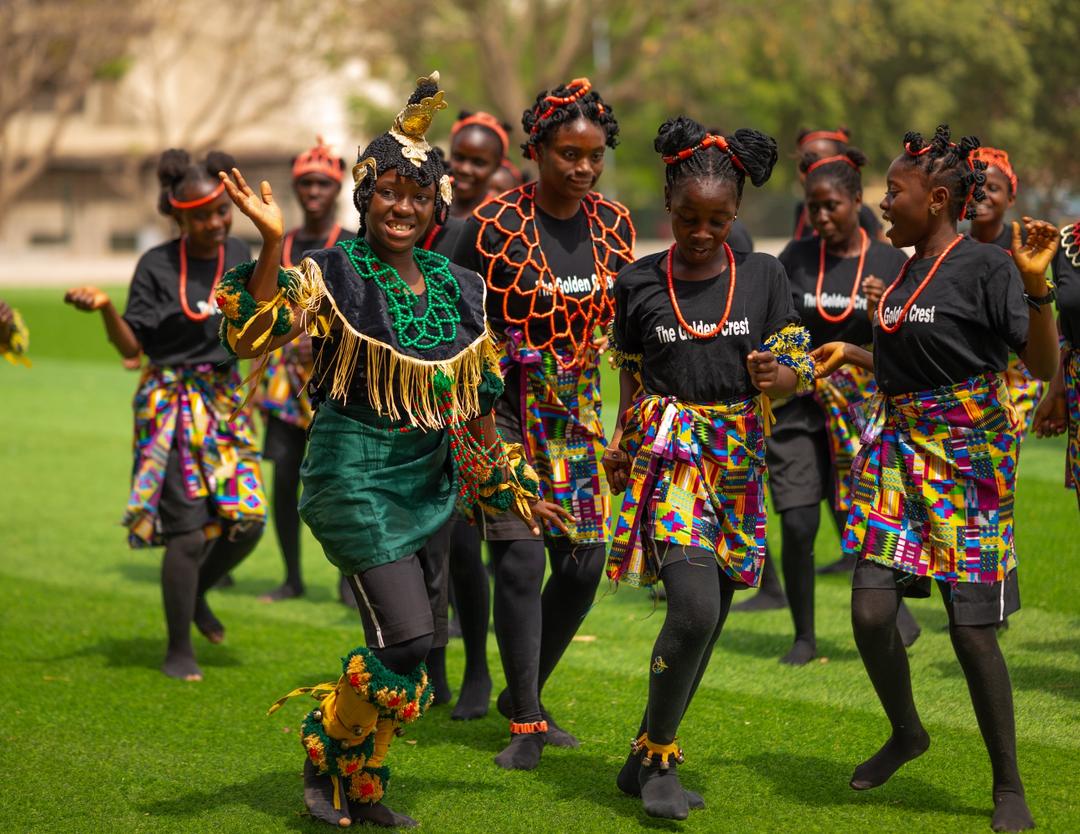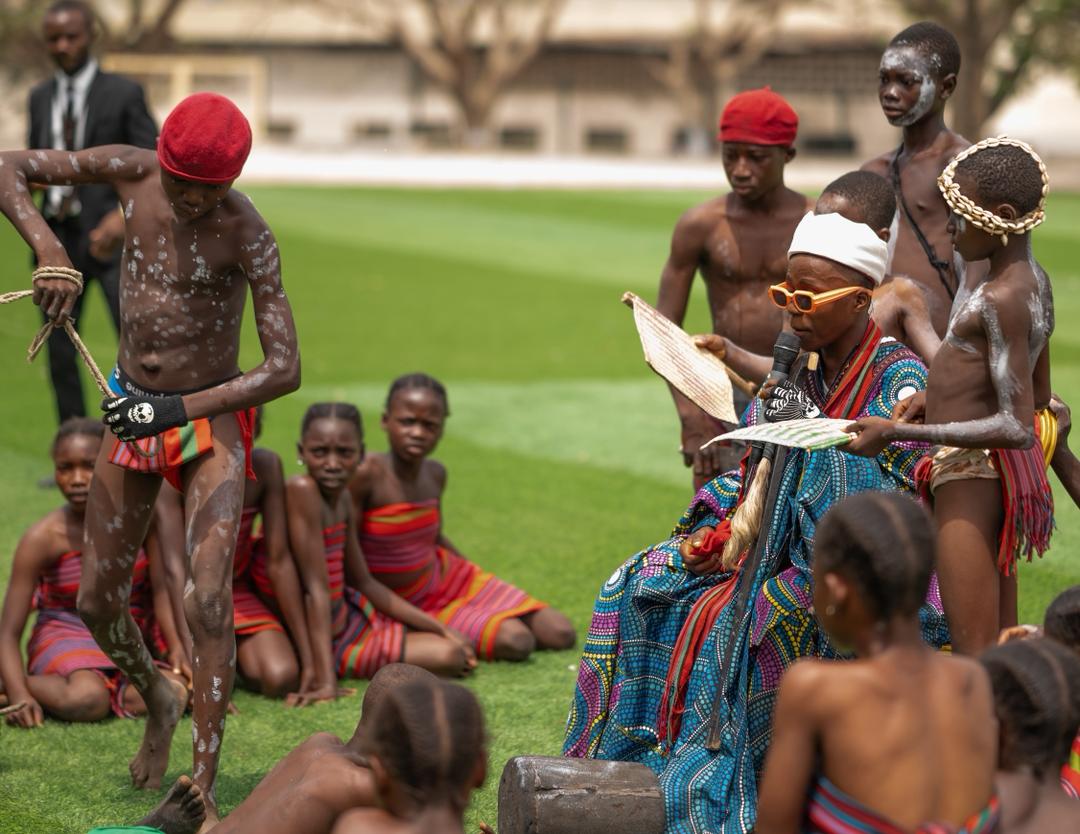society
Suicide is not an option…Says Non-Governmental Organization

By Ifeoma Ikem
Barely 72 hour’s a Non-Governmental Organization, Stop the Abuse Foundation (STAF), preach against the increased rate of sucide cases in Nigeria,no fewer than another 5 case of sucide have been recorded.
STAF, organization come up with its first campaign, tagged ‘A walk for Hope’.said that depression is a common mental disorder characterized by persistent sadness and a loss of interest in activities that you normally, enjoy, accompanied by inability to carry out on daily activities for at least 2 week.
Addressing the pressmen,in ikeja, along LCDA secretariat, convener,Toyin Ojo Ndidi,said there is increase in suicide among the younger ones in the society, who are taking their lives for various reasons know to them which may avoidable if we join hand to create more awareness.
She noted incessant rate of suicide is high which is awesome everyone should rise to preach against suicide is not the end of life, though living is not easy but its worth not ending someone life like that. Often, what leads to suicide, is a clinical condition called “depression” which can be managed medically.
‘’awareness is important, we need to preach more on this, it is no longer news on suicide attempt, but to make people aware of what depression is and its causes,there is hope for those that are depresssed,no matter the situation there is medical treatment.
During the campaign, placards with the message of hope that say, suicide causes more harm than good, suicide never ends pain but its transfers to love ones, suicide is not an option, say no to suicide, etc.
Speaking further,she said major cause of this depression among the youth is Unemployment. so we have right to life, government should implement the policies to make life easier for average Nigerians. Some clinical psychiatrist has given their contact so people can contact them for health issues and they will have someone to talk to without being judged.
Majority of social aid are just a minor organization but they are getting there.It has been mentioned that the conveyner is aware that a first reading for a bill have been passed but yet to be implemented, also, government are trying to do all they can to cater for what we need in hospitals, but the population of our country keeps increasing, so a bill should be passed against stigmatization of mental health issues because it limits people from voicing out.
The STAF message to Nigerians is that mental health challenge is real, it is just like having headache, so treatment must be obtained .I have treated two raped issues that has to do with mentally challenged people, I believed that if they were given treatment it will definitely not have occurred.
Comr Toyin Okanlawon, co-convener of stop the abuse foundation stressed the need to carry the campaign across the communities,people need to sensitize based on the high influence of suicide in the society. This is a national issue which needs a drastic approach. He also said that he is part of the member of mental health foundation and the stakeholders’ initiative in Lagos, but stop the abuse foundation is an association that must be reckoned with, they create a lectures on how to identify depression.
As a nation the challenge we face is lack of support, depression comes up gradually so it get to a withdrawal syndrome which leads to suicide. I am a proactive activist, I have saved more than two attempted suicide that promised to take thyself.
He advised state and federal govenment to set up health care desk in our primary health centres, they are yet to do excellently well on their jobs. It is not all mental cases that must be taken to psychiatric hospital in yaba, some can be detected at the primary health centre.
I advice depressed people to avoid suicide it is not a permanent solution.
society
Tinubu Seeks Nigerians Forgiveness During Ramadan, Calls for National Reconciliation

Tinubu Seeks Nigerians Forgiveness During Ramadan, Calls for National Reconciliation
By George Omagbemi Sylvester | Published by SaharaWeeklyNG
“At State House Tafsir in Abuja, President urges unity, tolerance, and prayers for stability as he reaffirms commitment to tackling Nigeria’s economic and security challenges.”
President Bola Ahmed Tinubu has appealed to Nigerians for forgiveness over any perceived wrongdoing, urging citizens to embrace reconciliation and unity during the holy month of Ramadan.
Speaking during a Ramadan Tafsir held at the State House in Abuja, the President said, “If I have sinned against you, forgive me as Nigerians,” stressing the importance of forgiveness, tolerance, and national cohesion.
Tinubu noted that Ramadan represents a period of spiritual reflection, self-discipline, and compassion, calling on Nigerians to use the season to promote peace and mutual understanding across religious and ethnic divides.
The President also encouraged citizens to pray for the nation’s stability and progress, reaffirming his administration’s commitment to addressing economic and security challenges facing the country.
The Ramadan Tafsir, an annual religious gathering attended by government officials, Islamic scholars, and dignitaries, forms part of activities marking the fasting period observed by Muslims worldwide.
society
You Against Crime Founder Tayo Folorunsho Praises Winners of Abuja Schools Festival.

You Against Crime Founder Tayo Folorunsho Praises Winners of Abuja Schools Festival.
Abuja, Nigeria – The maiden edition of the You Against Crime – Schools Festival 2026 Grand Finale has concluded, marking a significant milestone in youth engagement and crime prevention efforts across the Federal Capital Territory (FCT).
The event, held at the University of Abuja, brought together 78 secondary schools from the six Area Councils of Abuja, with the top six schools competing in the Grand Finale.
*Winners Emerge*
Tudunwada School, Bwari took the top spot, followed closely by The Golden Crest Royal in second place, and Government Secondary School, Kuje in third.
*CULTURE, THE CURE FOR CRIME*
The festival’s theme, “Culture, The Cure for Crime,” highlighted the importance of values, identity, mentorship, and positive engagement in preventing crime and shaping responsible citizenship among young people.
*DISTINGUISHED GUEST SPEAKERS*
Auwal Musa Rafsanjani, Chairman, Amnesty International, praised the initiative, saying, “This festival is a beacon of hope for our young people, promoting values and principles that can shape a brighter future for Nigeria.”
Aisha Mohammed, Head of Enlightenment & Re-orientation, Economic and Financial Crimes Commission, emphasized the importance of mentorship, stating, “Empowering young people with the right guidance and opportunities is key to preventing crime and building a stronger nation.”
*PARTNERSHIP AND SUPPORT*
The 2026 Grand Finale Edition was proudly sponsored by Civicx Technology Ltd Int’l, reinforcing a shared commitment to youth empowerment and crime prevention through cultural reorientation and innovation.
Tayo Folorunsho, Host & Founder, You Against Crime International, addressing the media and appealed to government agencies to support initiatives like this, targeting young minds early.
You Against Crime International is a movement advocating cultural change as a long-term solution to crime. The organization remains committed to advancing youth development, civic responsibility, and nation-building across Nigeria.
society
TICP Customs Launches Paperless Regime, Warns Against False Declarations

TICP Customs Launches Paperless Regime, Warns Against False Declarations
The Customs Area Controller of Tin Can Island Port Command of the Nigeria Customs Service (NCS), Comptroller Frank Onyeka, has launched a roadmap for the full implementation of a paperless regime at the command.
Onyeka disclosed this during a press briefing in Lagos, stating that the command was fully prepared for seamless digital operations ahead of the nationwide rollout scheduled for the second quarter of the year.
He described the engagement as the first in a series of consultations aimed at sensitising stakeholders on the strategies, operational framework and expectations under the new regime.
The controller commended the media for its constructive reportage since his assumption of office and sought continued collaboration to ensure the success of the initiative.
Presenting the command’s performance report, Onyeka said the Tin Can Island Command generated ₦609 billion in revenue in 2025, describing it as the highest in the history of the command.
He added that revenue collection rose from ₦116 billion recorded in January of the previous year to ₦145 billion in the corresponding period last month, representing an increase of over ₦29.9 billion.
Onyeka stated that his vision was to make the command known for trade efficiency, explaining that under the paperless regime, containers would be released without physical contact between Customs officers and clearing agents, provided declarations were accurate.
He credited the Comptroller-General of Customs, Bashir Adewale Adeniyi, for providing the leadership and strategic direction driving modernisation efforts across Customs formations nationwide.
The controller urged stakeholders to avoid false declarations and engage directly with the command to resolve concerns, emphasising that transparency and dialogue were essential to achieving efficient port operations.
He assured that consignments with clear scanning results and proper documentation would be released promptly, while those flagged by the risk management system would undergo physical examination, adding that the command would continue to collaborate with other agencies to reduce cargo dwell time and enhance port efficiency.
-

 celebrity radar - gossips6 months ago
celebrity radar - gossips6 months agoWhy Babangida’s Hilltop Home Became Nigeria’s Political “Mecca”
-

 society6 months ago
society6 months agoPower is a Loan, Not a Possession: The Sacred Duty of Planting People
-

 society5 months ago
society5 months agoReligion: Africa’s Oldest Weapon of Enslavement and the Forgotten Truth
-

 news6 months ago
news6 months agoTHE APPOINTMENT OF WASIU AYINDE BY THE FEDERAL GOVERNMENT AS AN AMBASSADOR SOUNDS EMBARRASSING












You must be logged in to post a comment Login